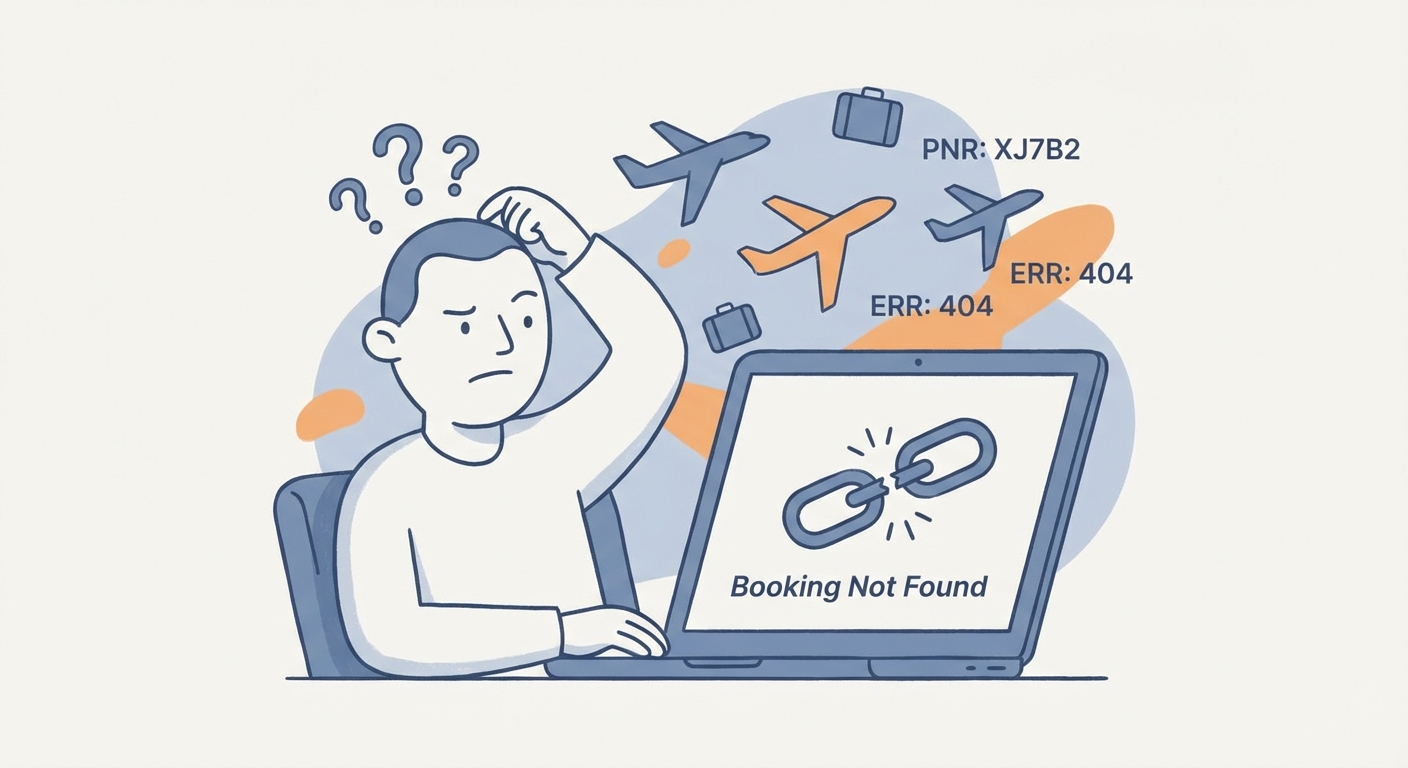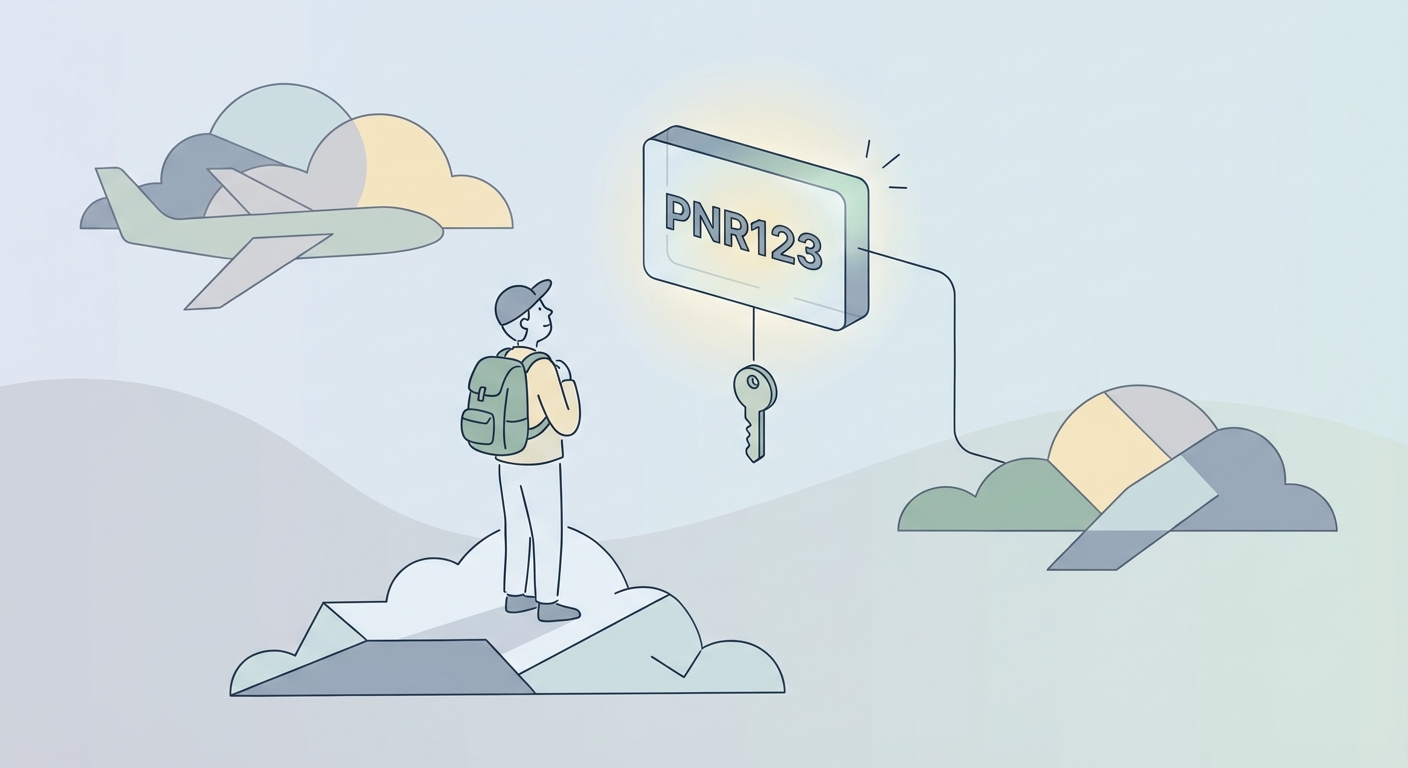A Comprehensive Guide to General Sales Agents in Travel
TL;DR
- This article dives deep into the world of General Sales Agents (GSAs) in the travel industry. We're covering their roles, responsibilities, and how they help connect travel suppliers with local markets, especially for niche adventures. Whether you're a travel buff or industry professional, you'll get a better understanding of how GSAs operate and their impact on your travel experiences.
Understanding General Sales Agents (GSAs): The Basics
Ever wondered how those small airlines or boutique hotels get their name out there, especially in new markets? It's not always as simple as just setting up shop and hoping for the best, you know?
That's where General Sales Agents, or GSAs, come into play. Think of them as your local experts, bridging the gap between travel suppliers and the actual people on the ground.
A General Sales Agent is basically a representative for a travel supplier – could be an airline, a hotel chain, or even a tour operator. They act on behalf of these suppliers in a specific region or country. It's like having a local branch without actually having a local branch, if that makes sense.
Their main role is to sell and promote the supplier's products or services. This might involve negotiating deals with local travel agencies, running marketing campaigns, and providing customer support. They're the boots on the ground, making sure things run smoothly.
GSAs specialize in certain markets. For example, a gsa might focus on connecting smaller, independent hotels with travel agencies that cater to adventure travelers. Another might specialize in helping airlines from other countries get a foothold in the us market.
GSAs play a vital role in expanding market reach, especially for companies trying to break into new territories. Instead of investing heavily in setting up their own offices and hiring local staff, suppliers can partner with a GSA that already has the network and expertise.
They bridge the gap between international suppliers and local travel agencies. It's about more than just translation, though. They understand local customs, business practices, and even the nuances of the language which is super important. Understanding these local intricacies helps GSAs tailor marketing messages more effectively, anticipate customer needs, and navigate potential cultural misunderstandings that could hinder sales. For instance, knowing that a certain holiday is particularly important in a region allows a GSA to time promotions accordingly, or understanding local negotiation styles can lead to more successful deals with travel agencies.
Expanding market reach for travel products and services, GSAs use their knowledge of local markets to identify opportunities and target the right customers. They know where the demand is and how to reach it.
Providing local expertise and support, GSAs offer valuable insights into the local market, helping suppliers adapt their products and services to better meet the needs of local customers. They can also provide customer support in the local language, which is a huge plus.
So, yeah, that's the gist of it. GSAs are the unsung heroes of the travel industry, making it easier for suppliers to reach new markets and for travelers to discover new experiences. Next up, we'll dive into the specifics of what a GSA actually does on a day-to-day basis.
Key Responsibilities of a Travel GSA
Okay, so you're probably wondering: what does a Travel GSA actually do? It's more than just schmoozing and handing out brochures–well, sometimes.
- The GSA is like a Swiss Army knife for travel suppliers. They wear many hats, but it boils down to boosting sales and acting as a local arm.
First off, they gotta develop and implement sales strategies. This isn't just winging it, you know? They need to figure out the best way to sell the travel products in their specific market. That's, like, knowing who to target, what kind of deals to offer, and how to make it all appealing.
Then there's the marketing travel products to local agents and consumers. This could be anything from running online ad campaigns to creating brochures and flyers. They're basically the supplier's marketing team on the ground. They might even need to translate materials or adapt campaigns to fit the local culture. It's all about getting the word out.
And of course, participating in travel fairs and industry events. These are prime opportunities to network with travel agents, meet potential clients, and showcase the supplier's products. Think of it as speed dating for travel deals. You got to make a good impression!
Building and maintaining relationships with travel agencies is also key.
- It is about being the friendly face that travel agents know they can rely on.
- Managing distribution channels means making sure the supplier's products are available through the right channels, whether that's online travel agencies, tour operators, or even direct bookings.
Negotiating contracts and agreements with these partners is a must, because you have to nail down the terms of the partnership, commissions, and all that jazz.
Providing training and support to travel agents is another biggie.
- If the agents don't know how to sell the product, they won't sell it.
- Handling customer inquiries and complaints is important, because the GSA is often the first point of contact for customers in their region.
Ensuring customer satisfaction is the ultimate goal. Because happy customers are repeat customers, right?
Gathering market data and insights, like, keeping an ear to the ground and knowing what's trending, what customers want, and what the competition is doing; analyzing sales performance, to see what's working and what's not. This analysis often involves tracking metrics like booking conversion rates, lead generation effectiveness, customer acquisition cost, and revenue per channel. They might use sales dashboards, CRM data, and market research tools to identify trends and areas for improvement.
- Providing reports to travel suppliers, because they need to know how things are going, so the GSA keeps them in the loop with regular reports on sales, market trends, and customer feedback.
So, yeah, GSAs are busy bees, aren’t they? Next up, we'll look at how they actually make money and what kind of compensation models are out there.
How GSAs Make Money: Compensation Models
Alright, let's talk about the money. How do these GSAs actually get paid? It's not a one-size-fits-all situation, but there are a few common ways they earn their keep.
Commission-Based: This is probably the most common model. The GSA earns a percentage of the sales they generate for the supplier. The commission rate can vary depending on the product, the market, and the volume of sales. It's a pretty straightforward arrangement – the more they sell, the more they earn.
Retainer Fees: Some GSAs might charge a fixed monthly or annual fee, regardless of sales performance. This is often the case for GSAs that provide a broader range of services beyond just sales, such as market research, strategic consulting, or extensive marketing support. This gives the supplier predictable costs.
Hybrid Models: Many GSAs use a combination of commission and retainer fees. For example, they might charge a smaller retainer fee to cover basic operational costs and then earn commissions on sales above a certain threshold. This model offers a balance, ensuring the GSA is compensated for their efforts while still incentivizing them to drive sales.
Performance Bonuses: On top of commissions, some agreements might include performance bonuses tied to specific targets, like achieving a certain market share or launching a new product successfully. This adds an extra layer of motivation for the GSA to go above and beyond.
The specific compensation model is usually hammered out during contract negotiations, and it's crucial for both the supplier and the GSA to have a clear understanding of how payments will work to avoid any misunderstandings down the line.
Benefits of Using a GSA for Travel Suppliers
Okay, so you're probably wondering what's so great about using a gsa? Well, let me tell you, it's like having a secret weapon in your arsenal!
First off, accessing new markets without a huge investment is a massive win. Think about it: setting up shop in a new country is expensive, right? Offices, staff, legal stuff – it all adds up. Compared to the significant costs of establishing a direct international presence, including office leases, salaries, benefits, and navigating local employment laws, partnering with a GSA is incredibly cost-effective. With a GSA, you sidestep a lot of that initial outlay. They're already there, with the contacts and infrastructure you need.
Then there's overcoming language and cultural barriers. You ever tried doing business in a country where you don't speak the language? It's a nightmare! GSAs are locals, they know the customs, the lingo, and how to navigate the business landscape.
And let's not forget reducing the risk of market entry. New markets are always a gamble. Partnering with a GSA lets you test the waters before diving in headfirst. If it doesn't work out, you haven't sunk a ton of money into it.
Lower operational costs are a no-brainer. You're not paying for office space, salaries, or benefits. The GSA takes care of all that.
Most GSAs work on a variable cost structure based on sales performance. Meaning, you only pay them when they're actually bringing in revenue. It's a win-win!
Plus, you get reduced marketing and distribution expenses. GSAs already have established relationships with local travel agencies and other partners, so they can promote your products more efficiently.
You get to tap into the GSA's knowledge of the local market. They know what works, what doesn't, and who to target. Its like getting insider information.
They can help you adapt your products and services to local preferences. What sells in one country might not sell in another. A GSA can help you tweak your offerings to better appeal to local customers.
And, crucially, they help with building trust with local partners. Trust is everything in business, especially in new markets. A GSA can vouch for you and help you establish credibility.
So, yeah, using a GSA is a smart move for any travel supplier looking to expand their reach.
For Travel Agents: How GSAs Can Help You
Ever feel like you're missing out on some seriously good travel deals? GSAs can be a game-changer for travel agents, seriously. They open doors to opportunities you might not even know existed.
Offering diverse travel options to your clients: Think of it as expanding your candy store. GSAs often represent smaller, more specialized travel suppliers. This means you can offer your clients unique experiences – like that boutique hotel in the Italian countryside or a specialized tour of ancient Mayan ruins – that the big agencies down the street aren't offering. This is especially good if your customers are looking for something beyond the usual.
Gaining access to niche and specialized travel products. Tired of selling the same old all-inclusive resorts? GSAs can connect you with eco-tourism operators, adventure travel companies, and other niche providers. This allows you to cater to clients with specific interests and create truly unforgettable trips.
Expanding your portfolio with unique travel packages. GSAs specializing in various niches can provide you with a range of exciting options, such as unique cultural immersion tours, specialized culinary experiences, or off-the-beaten-path adventure packages. These packages often include unique experiences and local expertise, making them highly appealing to clients seeking something different.
It's not just about offering more, it's about offering better and more unique experiences. Customers are craving authenticity, and GSAs can help you deliver. Plus, happy clients mean repeat bookings and great word-of-mouth, right?
Think of it this way: you're not just a travel agent; you're a curator of amazing experiences. And GSAs are your secret weapon for finding those hidden gems.
Ready to boost your commission potential?
Choosing the Right GSA: Key Considerations
So, you're ready to pick a GSA huh? It's kinda like dating, you want a good fit, not just someone who looks good on paper!
- Experience and Reputation: Don't just jump at the first GSA you find. Dig into their past. have they worked with similar travel suppliers? What were the results? Ask for references – and actually call them. See what those past clients has to say. It is important to know how the GSA is viewed in the travel industry.
- Market Coverage is Key: Make sure the GSA actually knows your target market. Do they have a strong network of travel agencies in the regions you're trying to reach? It's no good if they're experts in, say, European river cruises, but you're trying to sell adventure tours in Southeast Asia. That is a bad mismatch!
- Service Offering: What do they bring to the table? Some GSAs just focus on sales, while others offer a full suite of services like marketing, customer support, and even training for travel agents. Make sure their offerings align with your needs. Do they offer support in multiple languages? Can they handle customer complaints effectively?
It's easy to get distracted by flashy promises, but remember it's about finding a partner who understands your business and can deliver results. Don't be afraid to ask tough questions and do your homework.
Next up, we'll dive into the nitty-gritty of negotiating contracts and compensation models.
The Future of GSAs in the Travel Industry
The travel industry is always changing, isn't it? So, what does the future hold for GSAs? Honestly, it's looking pretty interesting, with a few key shifts on the horizon.
Adapting to Digital Transformation: GSAs are gonna need to get really good at online stuff. It's not enough to just have a website, you know? They need to be all over online distribution channels, using tech to make things smoother, and diving deep into data to make smarter choices. Imagine a GSA using ai to predict which travel packages will be most popular next season – that's the kind of stuff we're talking about.
Focus on Niche Markets: The days of being a jack-of-all-trades are kinda over. The smart GSAs will be the ones who specialize. Think adventure travel, ecotourism, cultural experiences – stuff that really appeals to specific groups of people. And not just offering the same old tours, but creating customized travel packages that you can't find anywhere else.
The Rise of Sustainable Tourism: This is huge, and it's only going to get bigger. People don't just want to travel; they want to feel good about it. Gsas that promote responsible travel, support local communities, and minimize their impact on the environment are going to be the ones that thrive. It's not just a trend, it's a responsibility.
Picture this: a gsa specializing in sustainable tourism partners with a small, family-run eco-lodge in Costa Rica. They use targeted social media campaigns to attract environmentally conscious travelers, highlighting the lodge's commitment to conservation and community involvement. It's about more than just selling a vacation; it's about selling an experience that aligns with people's values.
So, what does this all mean? GSAs aren't going anywhere, but they're going to have to evolve. They'll need to embrace technology, niche down, and prioritize sustainability to stay relevant in the ever-changing world of travel. It's an exciting time, honestly.






